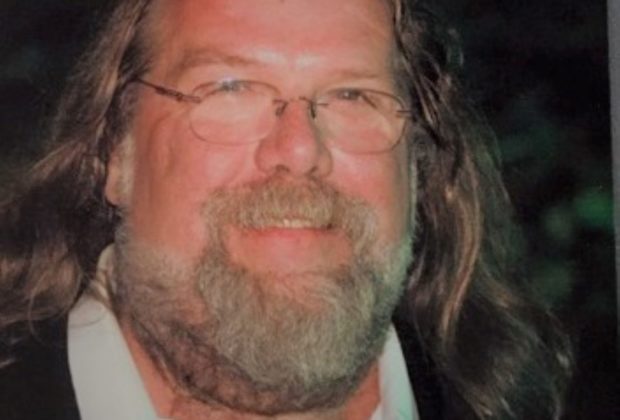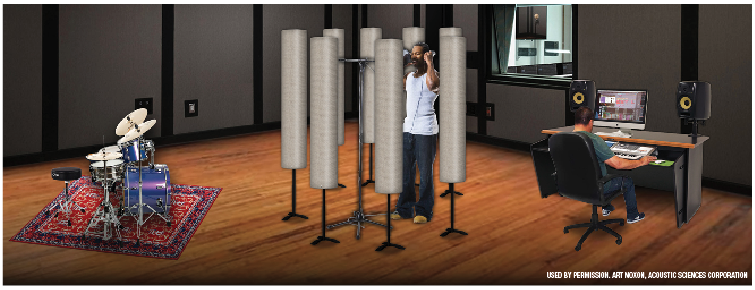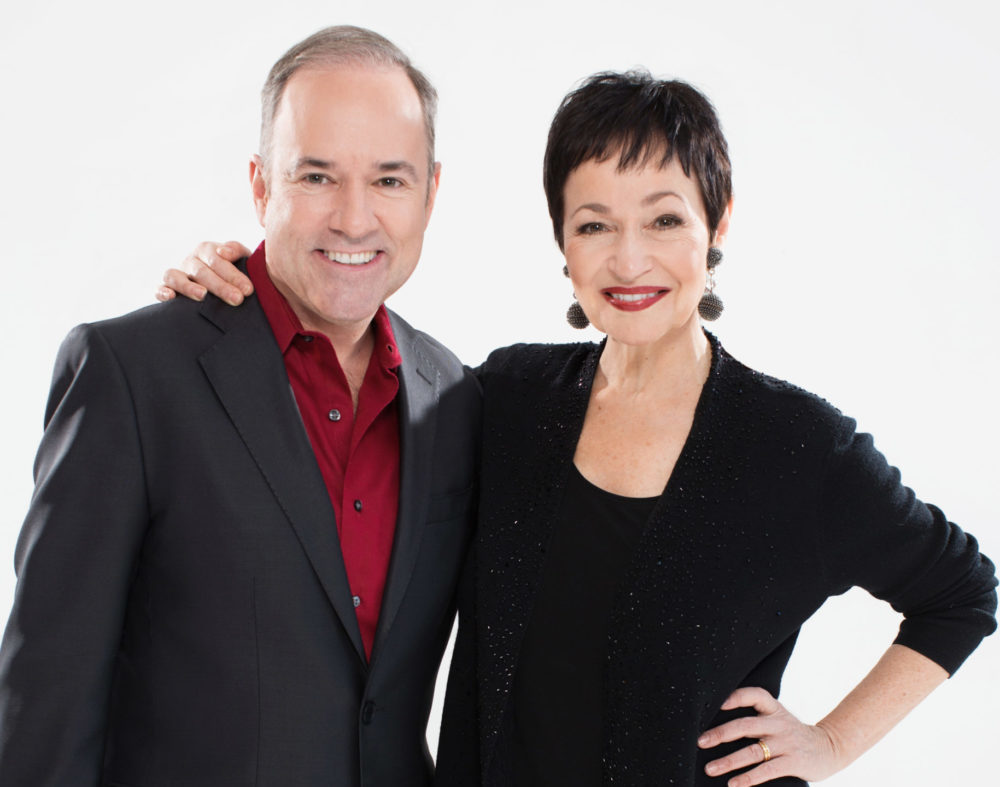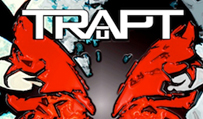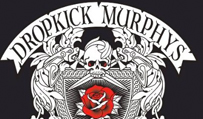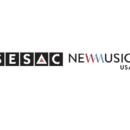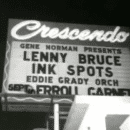Quarto Valley Records
Managing Director
Years with Company: 4
Address: Woodland Hills, CA
Phone: 818-227-0800
E-mail: info@quartovalleyrecords.com
Clients: The Immediate Family, Savoy Brown, Paul Rodgers, Narada Michael Walden, Deborah Bonham, Denny Seiwell Trio,T-Bear, Edgar Winter, Texas Scratch, Dominic Quarto
BACKGROUND
Mike Carden has worked alongside heaps of great artists, playing an important role from many angles of the entertainment industry. Coming to Quarto Valley Records carrying an enviable list of contacts amassed through positions at hotspots like Atlantic Records and Eagle Rock Entertainment, he has been able to entice big names to join the indie label founded by tech entrepreneur Bruce Quarto.
Entering the Valley
When Eagle Rock got bought by Universal, I decided it wasn’t for me anymore. I quit before I had another job. I was two years out of work and realized how stupid that was. A friend of mine offered to bring me in. Bruce had an idea to do a festival company. It was an okay idea, but it wasn’t fully fledged so it fizzled. He realized that his place was in a record company with artists.
Artists as Partners
We consider our artists [to be] partners and we act that way. For instance, we have a conference call once a week with The Immediate Family. We plot everything out together. I want them involved. No matter what, I play every decision off of the artist. Kim Simmonds from Savoy Brown, I have a meeting with him once a week. I tell him what’s going on and what the market looks like.
Bruce feels the same way [I do]––that we should make our artists happy and satisfied, not wishing they had gone somewhere else. They know they’ve got a good home here and that we care. We’re friends with them, as much as you can be a friend with somebody you’re doing business with. All you’ve got to do is be honest and [keep] them in the loop. It makes all the difference in the world.
Making the Best Decisions for Artists
I know where the pitfalls are and try to steer us away from them. You’re always going to hit some pitfalls, but at least we can avoid the major ones. I think we do a great job for the artists and so do they. They don’t get treatment like we give them anywhere else, because we really do care that they’re getting the best deal and the best opportunities.
Having Connections
When the COVID thing started, we had four albums. I did some pretty fast work to get some more projects on the board. We’ve got some great stuff coming. We did a record at [Royal] Albert Hall with Pete Brown. Pete Brown was, by Eric Clapton’s estimation, the fourth member of Cream. He’s an old friend of mine. We’ve got a shot at getting things that nobody else can get because of that. I’ve always been very friendly with the retailers and the artist community as well, so we’ve got both sides covered.
Experience Counts
If you know how something works, it takes all the study and information gathering out. You don’t even think about it. There’s no wasting time trying to figure out the best way to do something. It goes through all the layers of the industry. If I’m hiring publicity people, I already know what they should be doing. And I know if they’re doing it or not. And knowing is strength. It’s power to be able to guide people the right way. Or stay out of their way, depending upon how they’re doing.
Choosing Marketable Artists
It’s a scientific, wild ass guess as to what stuff is going to do. There are so many factors. I’m looking for quality. If you have quality, you’re going to sell. I worked closely with Ahmet Ertegun. I use a lot of his philosophy. He was the kind of guy who could hear a hit. And I feel like I can, too. Ahmet said you shouldn’t react like a fan. We want to spend money to make sure the artist gets his fair shake, but we don’t want to throw money down the sinkhole. And you can, very easily.
Identifying Talent
I like to hear a demo. If I like that, then I see them live. There’s something about that live performance that [recordings] don’t catch. Even though it can be flawed, it has a certain spirit. You can hear it and the audience reacts. It’s like, holy shit, man. That’s a band. You either hear it or you don’t.
There are certain benchmarks that you use. If you’re somehow intrigued by [a recording] or sold on it for another reason, even though it’s not the greatest record in the world, you’ve got to watch that. Doug Morris [President of Atlantic Records] would play a song 50 times in a row, just to make sure he heard it right. That’s not an exaggeration. He would play it until you walked down the hall and said, “Doug, shut that fucking thing off, will you?” He burned it into your head, to the point where it doesn’t go away.
Ownership
I am a businessman at heart. I don’t want to be successful with a record and be punished for it. If I’m successful, I want the next record. I don’t like term license deals. The projects that you have, you want to keep having them. That’s ownership. That’s an asset you can work with and value your company upon. I’ve worked with companies where everything’s a license. And then they go to sell the company and they say, what do you own here? Well, not much.
Building Careers
There’s no artist development anymore. It’s hits and shit. And if the hits don’t hit, they become shit. That’s terrible. Nobody comes back and says, we could do a better record next time. All they say is, no, we don’t need you anymore. They drop you. That’s frustrating, because the future of our industry is in developing artists and careers.
There are plenty of people that use the carpet bombing technique and sign a million things at $500 a piece and throw them out there. I like to think more of quality. Get good projects, work them and don’t leave them if they falter. You pick them up and push them a bit. That’s missing. Nobody gives a damn about that anymore. You can name any classic rock act and the reason they were successful is because the label backed them up and was creative in helping them establish themselves.
Speaking the Artist’s Language
When I talk to an artist, I think he gets me right away. I’m not talking about margins and the rest of that stuff. When I go into the boardroom I talk about that, but when I’m with an artist I talk about their career.
Don’t Be Lazy
Know who you are, what you can do, and use everything you’ve got to make a living. And work your ass off with promotion. There are so many guys who are lazy. They won’t do it and it’s obvious. You see their records falling apart. The guys who make it really work it.
The Commitment Factor
We’re not going to put projects out and then leave the marketplace in three years. A lot of people do that. There’ve been a lot of boutique labels that get bored and go away. It’s about commitment to the business and the artists you sign. It’s like adopting children. I’m not going to adopt them on Monday and on Friday say, ah, I don’t want these kids anymore. It doesn’t work that way. You’ve got them. They’re yours. That’s how I see the interaction between a good label and artists. Sometimes, you have to reprimand them a little, but most of the time you’re doing it in a smart way that makes you both happy.

